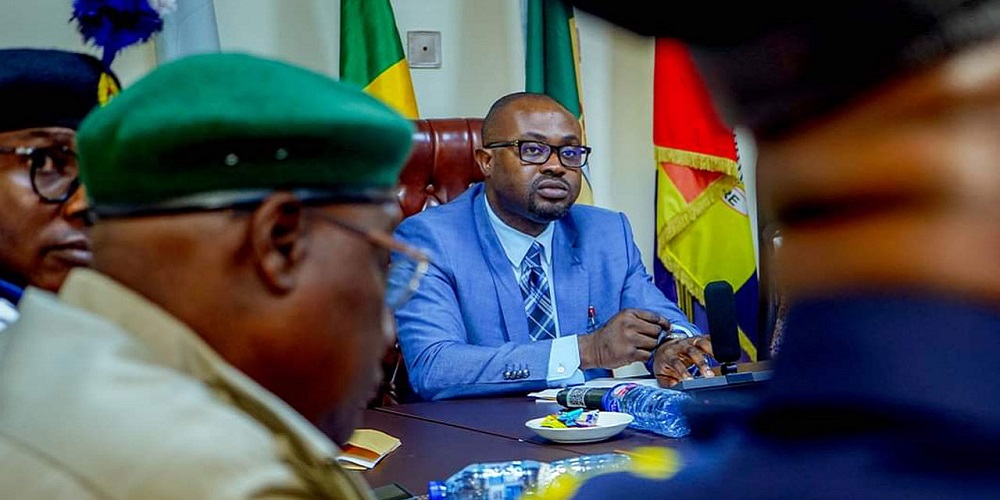The Minister of Interior, Olubunmi Tunji-Ojo, has lamented the incarceration of over 26, 000 children in the custodial centres over the last five years.
According to him, the figure represents 30 per cent of the total number of inmates in correctional facilities.
Tunji-Ojo said the criminal justice system in Nigeria needs urgent reforms to prevent vulnerable groups from going through difficult and unwarranted experiences.
A statement on Wednesday by the Director of Press in the Ministry of Interior, Ozoya Imohimi, said the minister made the remarks at a high-level inter-agency stakeholder meeting in Abuja to address the urgent issue of children deprived of liberty in correctional facilities.
“The Minister of Interior expressed concern over the presence of children in correctional centres, highlighting it as a violation of laws requiring their placement in borstal institutions.
“Tunji-Ojo further explained that the 2024 report on children and young adults deprived of liberty presents a sobering reality, an alarming 26,000 children have been held annually in correctional facilities over the past five years.
“He said this figure represents over 30% of the total inmate population, raising serious concerns about violations of child protection laws.
“He acknowledged the lack of adequate facilities and called for urgent action and penalties to address these legal and institutional gaps.
“The presence of children in custodial centres violates laws mandating their placement in borstal institutions so that they can undergo reformation in line with their age,” the statement quoted Tunji-Ojo as saying.
The minister assured that breaches would be investigated and that institutions failing to comply would face consequences, adding that the Federal Government was committed to reforming Nigeria’s correctional system, particularly focusing on the growing number of children in correctional facilities.
He also said plans were underway to establish a Nigerian Paramilitary Academy to train correctional officers in empathy and rehabilitation principles.
Emphasising non-custodial measures for non-violent offenders, he stressed the importance of inter-ministerial collaboration and urged state governments to participate in tackling juvenile detention.
Earlier in her remarks, the Permanent Secretary, Ministry of Interior, Magdalene Ajani, said the 2024 report on children and young adults deprived of liberty painted a sobering reality.
She said, “Between 2018 and 2022, an average of 26,000 children and young adults were held in custodial centres annually. These statistics are not just numbers, they represent vulnerable lives in urgent need of intervention.
“She noted the need to promote non-custodial measures and diversion programmes as viable alternatives to detention, sharing best practices and strengthening legal frameworks to ensure detention is a measure of last resort, in line with Article 37(b) of the United Nations Convention on the Rights of the Child and Nigeria’s Child Rights Act of 2003.
“Ajani emphasised that the meeting underscored that ending child detention is not just a moral obligation but a strategic investment in sustainable development, justice, and poverty reduction.”
Present at the high-level meeting were representatives of the Ministers of Justice; Women Affairs and Humanitarian Affairs; UNICEF and other development partners to address the urgent issue of children deprived of liberty in correctional facilities.

